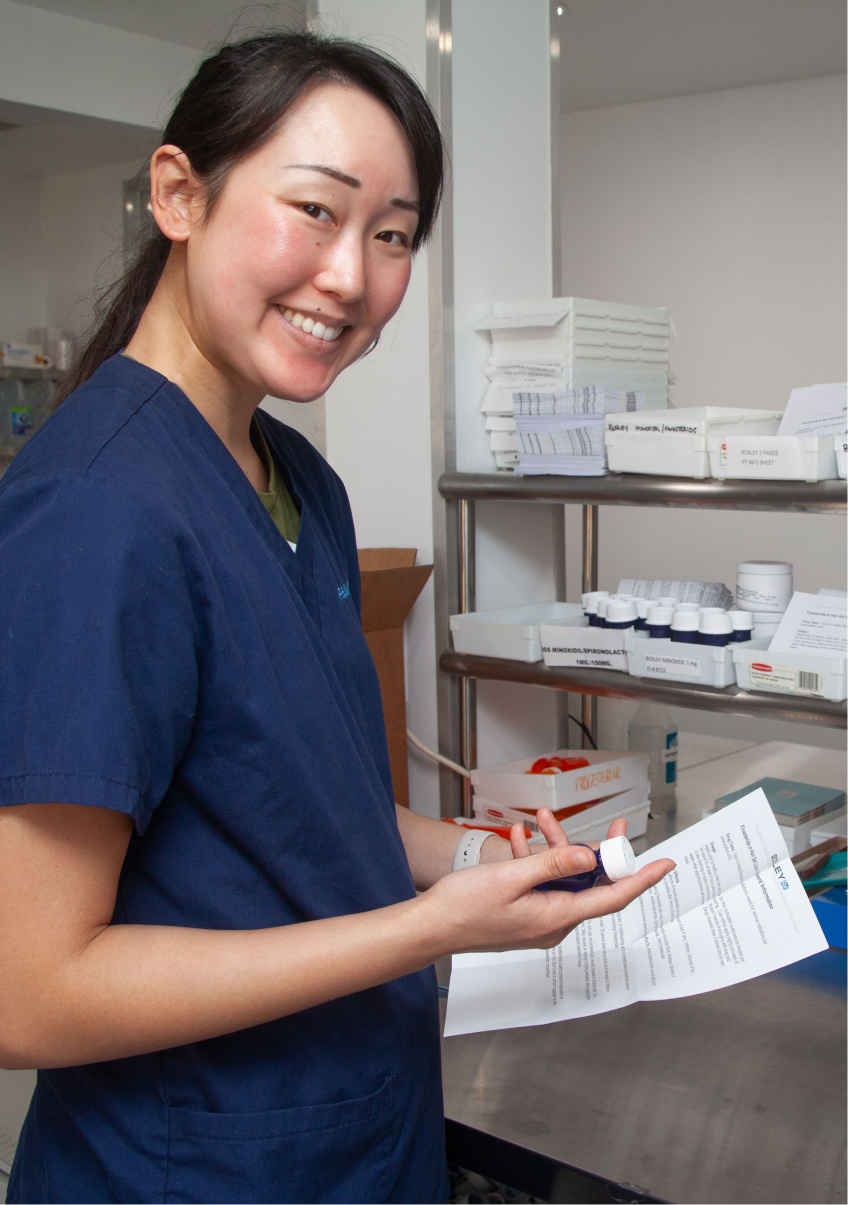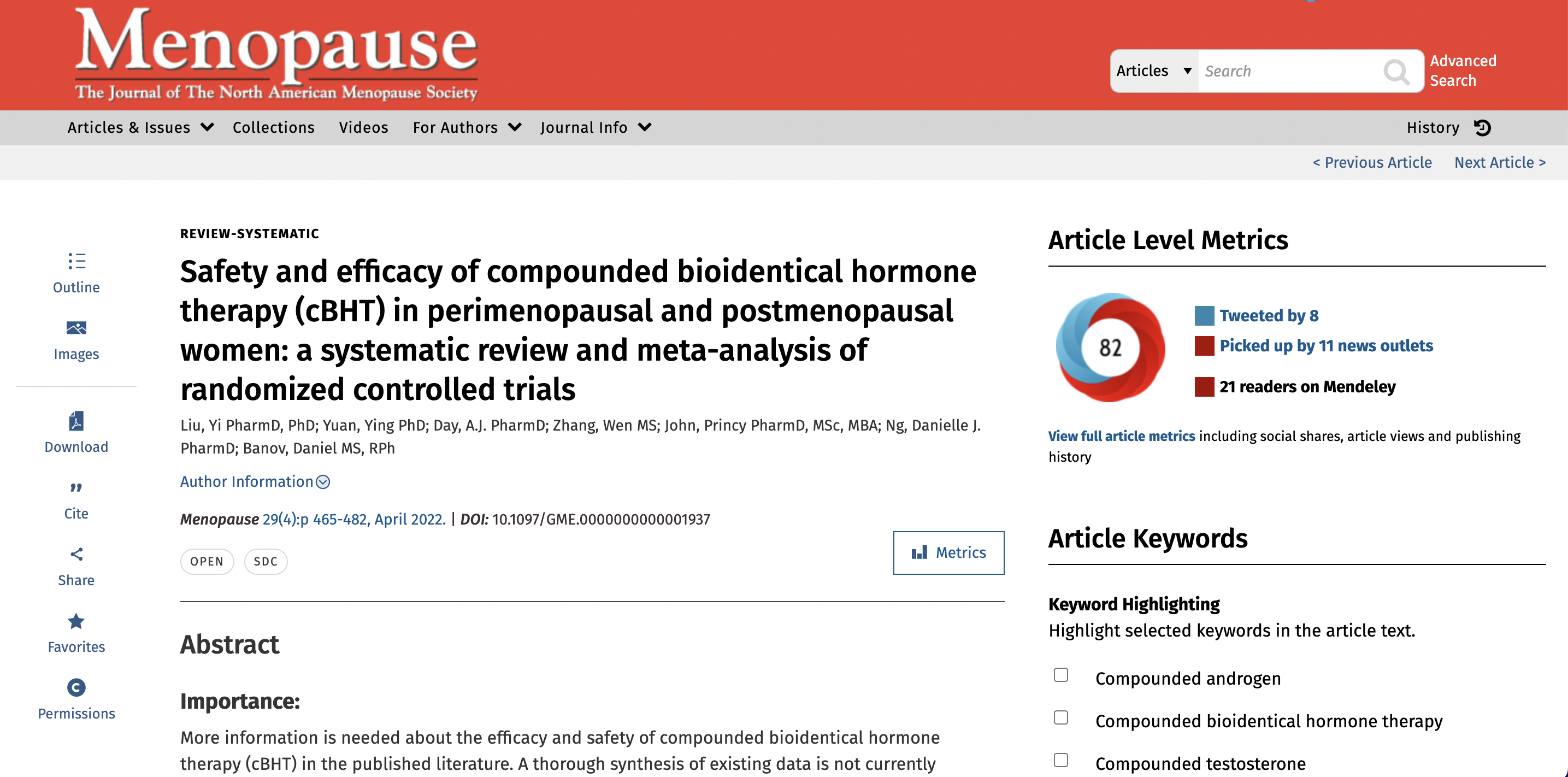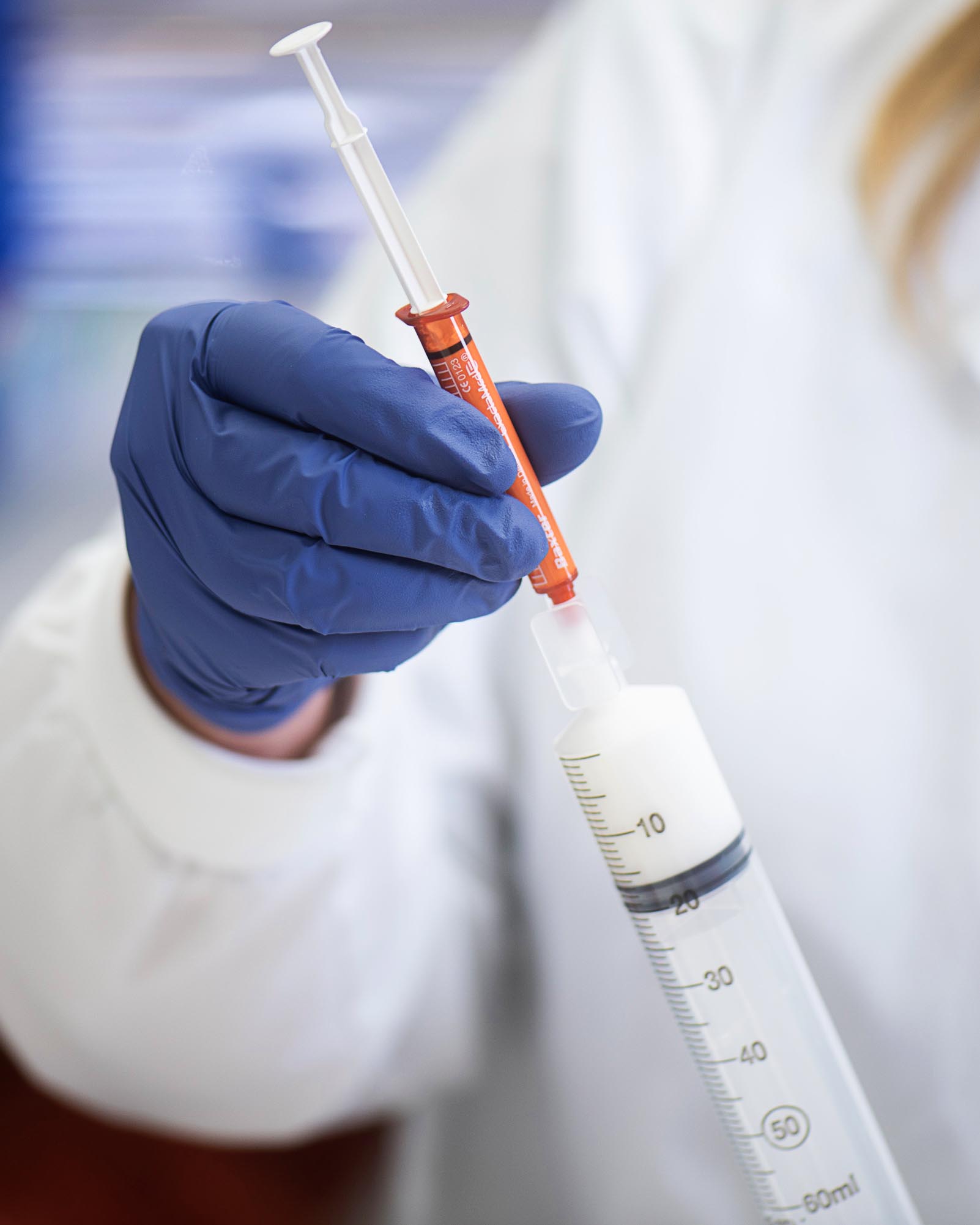Is Compounding Regulated?
How is traditional compounding regulated?
When Congress wrote the Federal Food, Drug and Cosmetic Act, it included section 503A, which specifically and intentionally exempted compounded medications from FDA approval. It is a practical and logical impossibility to test a single drug formulation, created for a specific patient, in the same way that you would test a mass-produced drug. Congress understood that.
Still, compounding pharmacies must adhere to high standards of quality and compliance. Every one of the ingredients that compounding pharmacies use must come from FDA-registered facilities and manufacturers. Compounding labs and the equipment in them are subject to exacting regulation and are inspected by state boards of pharmacy and by the FDA.
All traditional compounding pharmacies and pharmacists are licensed and regulated by state boards of pharmacy. State boards of pharmacy regulate the practice of pharmacy compounding; FDA regulates the substances that can be compounded and compounded products.
Practice standards set by the United States Pharmacopeial Convention (USP) are integrated into the day-to-day practices of compounding pharmacies and are mandated by law in most states.

.png?width=240&height=113&name=APC%20logo_tagline%2BR_CMYK%20(1).png)


